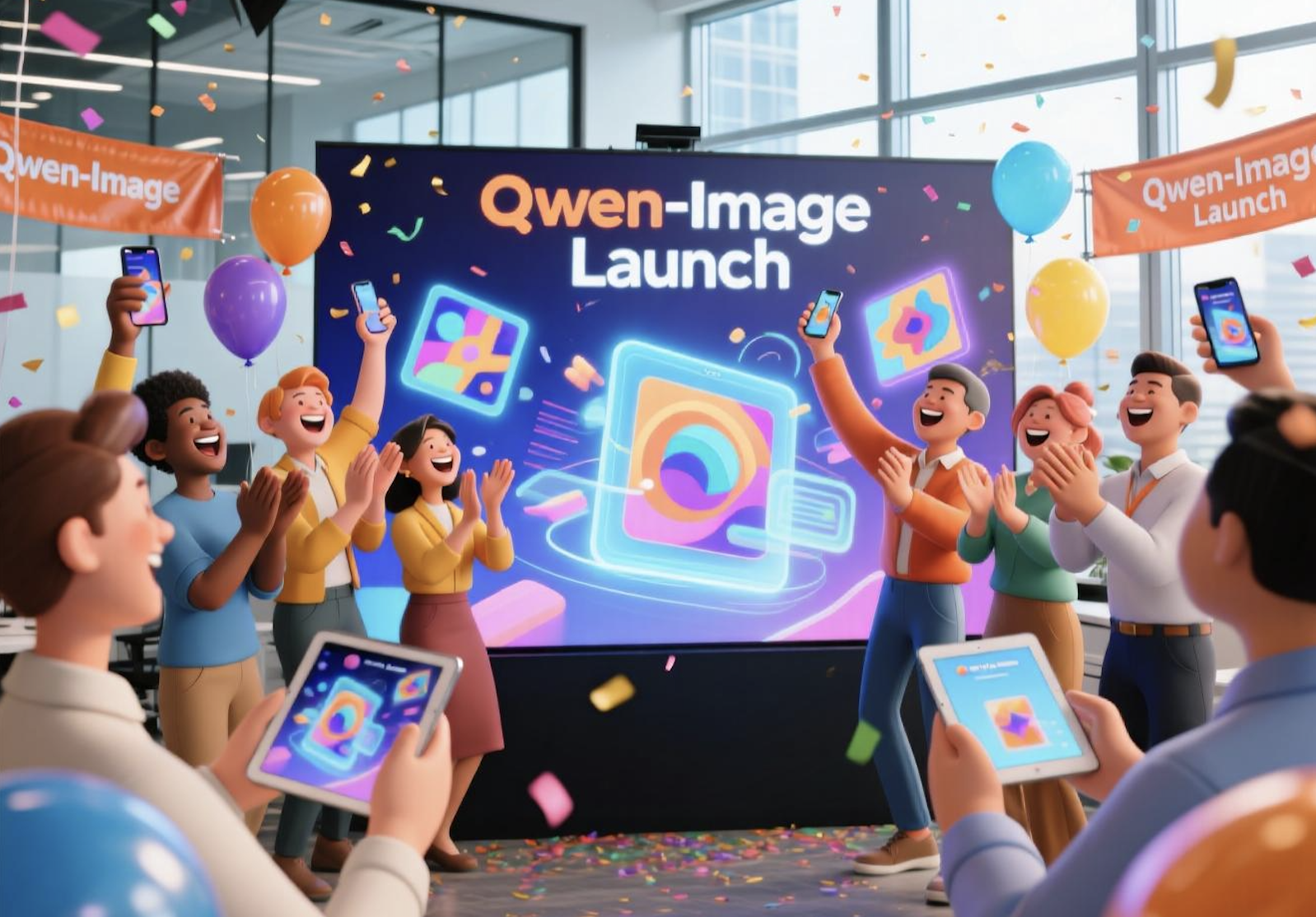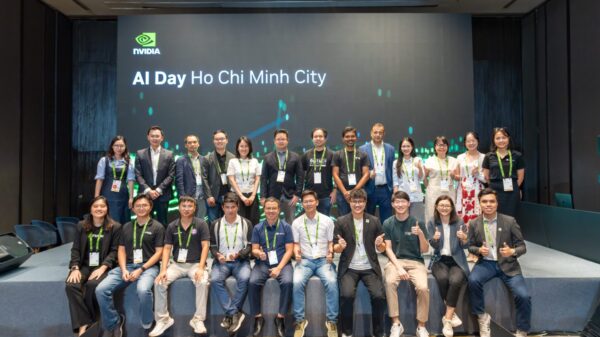Alibaba Cloud, a subsidiary of Alibaba Group Holding Ltd – ADR (NYSE: BABA) (LON: 0HCI), has launched an open source artificial intelligence model that prioritizes complex text rendering and image editing. It will also create short videos based on user prompts.
The Chinese tech company announced the debut of Qwen-Image on Aug. 4. It is the latest addition to Alibaba’s Qwen family of large language models it has been adding to since September, 2023. It specializes in English and Chinese typography.
“From photorealistic scenes to impressionistic paintings, from anime styles to minimalist designs, the model flexibly responds to a wide range of creative prompts,” Alibaba boasted in a blog post, “becoming a versatile tool for artists, designers, and storytellers.”
Despite the positive sentiment from its creator, Mugglehead was less than impressed with its experience using Qwen-Image. When asked to generate a depiction of Alibaba celebrating the launch of its new model it required three prompts before it was able to spell its own name, “Qwen-Image,” correctly in the visuals.

Prompt attempt #2: “…spell Qwen-Image correctly this time…”
We also tested the video generation feature with a similar prompt and the outcome was terrible in multiple regards.
The words are not legible, the people are blurry are there’s nothing to indicate that they are acknowledging the new LLM.
The prompt was not highly detailed, but the outcome resembled typical AI-generated slop nonetheless.
Read more: YouTube starts using AI to keep kids from viewing 18+ content
Mugglehead not the only one to complain
VentureBeat editor Carl Franzen prompted it to create an image with a speech bubble saying “Wow, look at Qwen Image go!” and it couldn’t spell its own name correctly in that instance either.
“My session through Qwen chat produced multiple errors in prompt comprehension and text fidelity, much to my disappointment, even after repeated attempts and prompt rewording,” Franzen stated in an article from the tech publication.
The rest of his written piece highlights details from Qwen’s technical report on the large language model, discusses how it was trained and provides details about its licensing and availability specs, etc.
Qwen-Image is free. If Alibaba will follow in the footsteps of more prominent companies like xAI or OpenAI and create a top-tier version of its model is uncertain.

Credit: VentureBeat
The latest Alibaba model to come out before the new text-specialized bot was Qwen3 — a competitor of the more well-known Asian LLM DeepSeek. Qwen also competes with Beijing’s Baidu Inc (NASDAQ: BIDU) (LON: 0HL1) in the Chinese AI sector.
Released in April, Qwen3 is capable of solving complex math equations, performing programming tasks, audio processing, general reasoning and much more in 119 languages.
Chip export restrictions from the United States is one of the key challenges China-based Qwen faces in the artificial intelligence race.
Read more: Google launches AI feature that allows users to virtually try on clothing
Follow Rowan Dunne on LinkedIn
rowan@mugglehead.com












